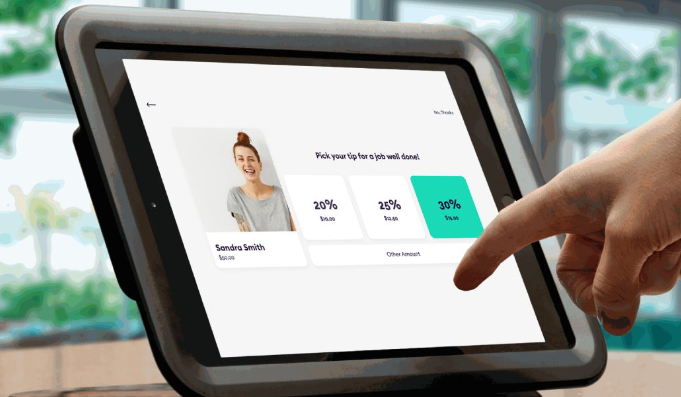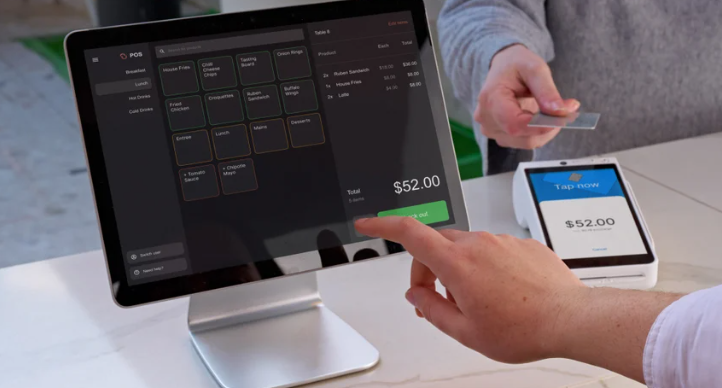In the dynamic and demanding healthcare landscape, efficiency and accuracy are paramount for providing quality patient care and managing complex billing processes. Point-of-sale (POS) systems have emerged as transformative tools for healthcare providers, streamlining operations, enhancing patient experiences, and optimizing financial management. This comprehensive guide explores the transformative potential of POS systems in healthcare, empowering providers to navigate the complexities of billing, payments, and inventory management.

Addressing Healthcare’s Unique Challenges
POS systems specifically designed for healthcare providers cater to these unique needs, offering:
Integrated Billing and Collections
Seamlessly manage patient billing, including insurance claims processing, co-pay collection, and patient statements.
Patient Eligibility Verification
Verify patient insurance eligibility in real-time, ensuring accurate billing and minimizing reimbursement delays.
Appointment Scheduling and Management
Integrate with scheduling software to streamline appointment booking, reminders, and check-in processes.
Inventory Management for Medical Supplies
Track and manage medical supplies, ensuring adequate stock levels for patient care and minimizing costs.
HIPAA Compliance
Ensure compliance with HIPAA regulations, safeguarding sensitive patient information and maintaining data privacy.
Benefits of POS Systems for Healthcare Providers
POS systems offer a multitude of benefits to healthcare providers, including:
Improved Efficiency
Streamline billing processes, reduce errors, and minimize manual tasks, freeing up time for patient care.
Enhanced Patient Experience
Provide a seamless patient experience, from scheduling and check-in to payment and insurance verification.
Improved Cash Flow
Accelerate cash flow by automating billing and collections, reducing delays and improving revenue management.
Reduced Administrative Costs
Minimize administrative costs associated with manual billing and collections, freeing up resources for patient care.
Data-Driven Decision-Making
Generate comprehensive reports to gain insights into patient demographics, treatment trends, and revenue performance.
Choosing the Right POS System for Healthcare
Selecting the right POS system for your healthcare practice requires careful consideration of your specific needs and the unique complexities of the healthcare industry. Factors to consider include:
Practice Size and Specialty
Choose a system that can accommodate the size and complexity of your practice, with features tailored to your specific speciality.
Integration Capabilities
Ensure compatibility with existing practice management software and electronic health record (EHR) systems for seamless data exchange.
Security and Compliance
Select a system that meets stringent HIPAA compliance requirements to safeguard patient data privacy.
Scalability
Opt for a scalable system that can adapt to your practice’s growth and changing needs.
Vendor Support
Choose a vendor with a proven track record in healthcare and provides responsive technical support.
Conclusion
POS systems have revolutionized the way healthcare providers manage billing, payments, and inventory, transforming operations and enhancing patient care. By embracing the power of POS systems, healthcare providers can streamline administrative processes, improve cash flow, and gain valuable insights to make informed decisions that optimize their practice’s success. As the healthcare industry continues to evolve, POS systems will play an increasingly crucial role in ensuring efficient, patient-centered care.
